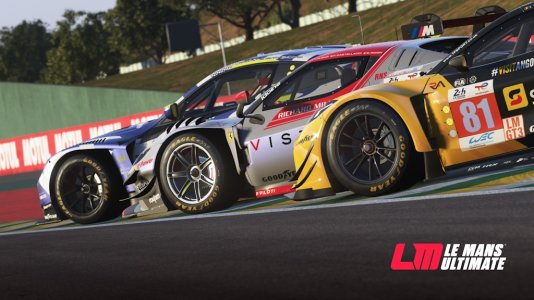Paul Jeffrey
Premium
Liberty Media CEO Chase Carey has dropped hints once again that Formula One may look to introduce a level of parts standardisation in a bid to reduce the cost of F1 competition.
With a significant disparity of budgets between the haves and have nots in Formula One circles continuing to affect the competitive action out on circuit, one of the key areas of the sport Liberty Media have been looking to address since taking over from Bernie Ecclestone is how the money is both distributed and spent amongst the ten current Grand Prix teams.
Arguments led by new Formula One technical officer Ross Brawn suggest mandating the use of non performance influencing parts could be a direction for the sport to head, and it appears as if Carey isn't averse to taking that idea into further consideration for future seasons:
“There are many paths to get there, whether it’s cost caps, or other ways to address key components of the car,” said Carey.
“We’re not looking to standardise the car – we think it is very important to continue to have a sport that is competition married to state of the art technologies.
“We’re not looking to dumb the cars down, but I think we can standardise components of it.
“We are certainly looking for ways to address what some of the teams in particular spend that would improve the overall economics of the business and enable everybody in it to benefit, as well as improving the competition.”
Formula One has always been an exercise in engineering, with teams in recent years producing their own chassis in house rather than the traditional method of engaging sub contracting firms to build cars off site as has been the case in years past, and with the move to standardise parts this shouldn't change in the future.“We’re not looking to standardise the car – we think it is very important to continue to have a sport that is competition married to state of the art technologies.
“We’re not looking to dumb the cars down, but I think we can standardise components of it.
“We are certainly looking for ways to address what some of the teams in particular spend that would improve the overall economics of the business and enable everybody in it to benefit, as well as improving the competition.”
It is thought that many elements of a current Grand Prix car could be standardised without affecting the on track product. Things such as suspension arms, wishbones and may other low impact areas of the cars that will not affect performance could be made as standard without any noticeable difference on track.
The question is, in a sport where spending money is seen as the smartest way to success, will the teams accept the inevitable and help push for a brighter future for all competitors?
For more Formula One news and debate, head on over to the Formula One sub forum and join the discussion.
Do you think the introduction of standard parts in Formula One is a good idea? Let us know in the comments section below!
Last edited:









